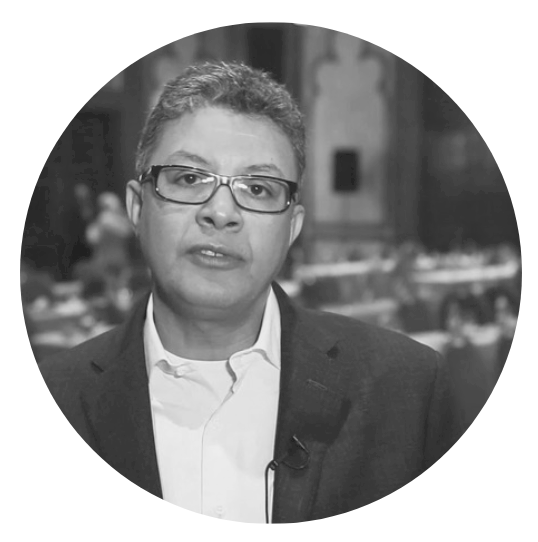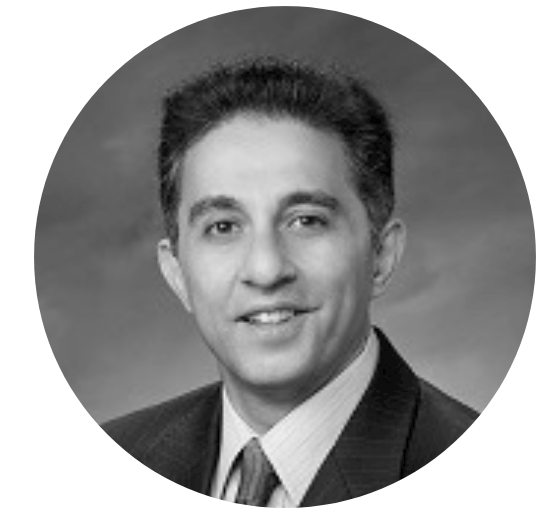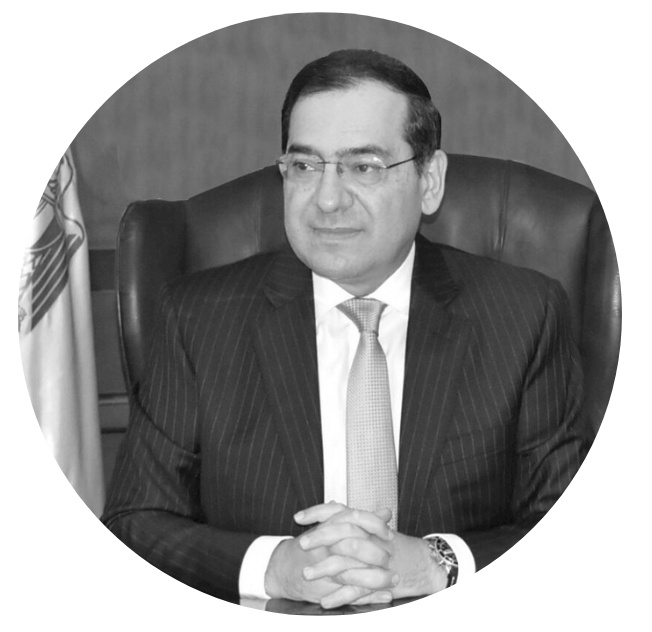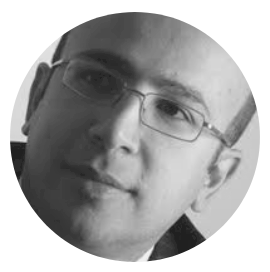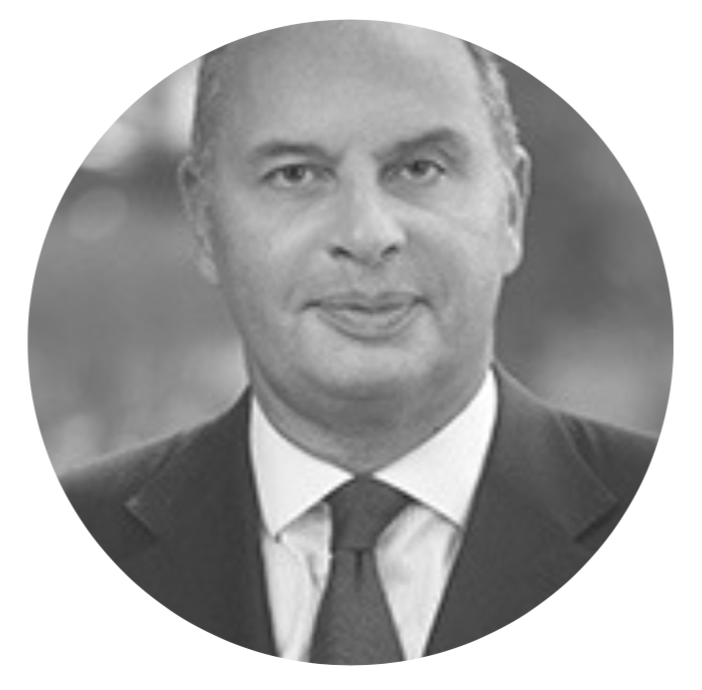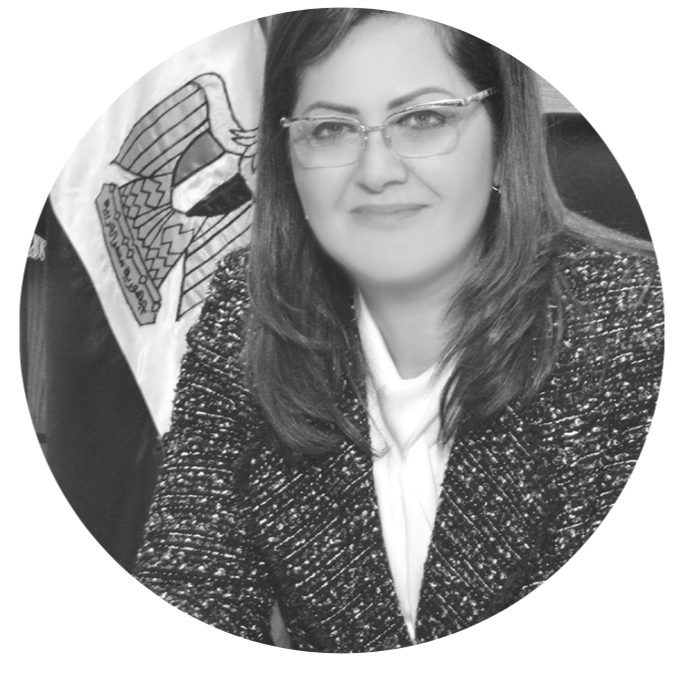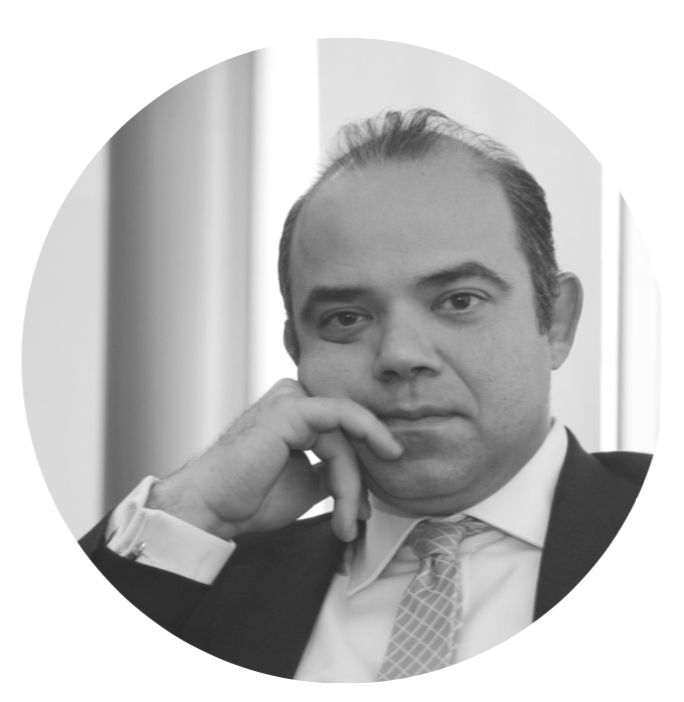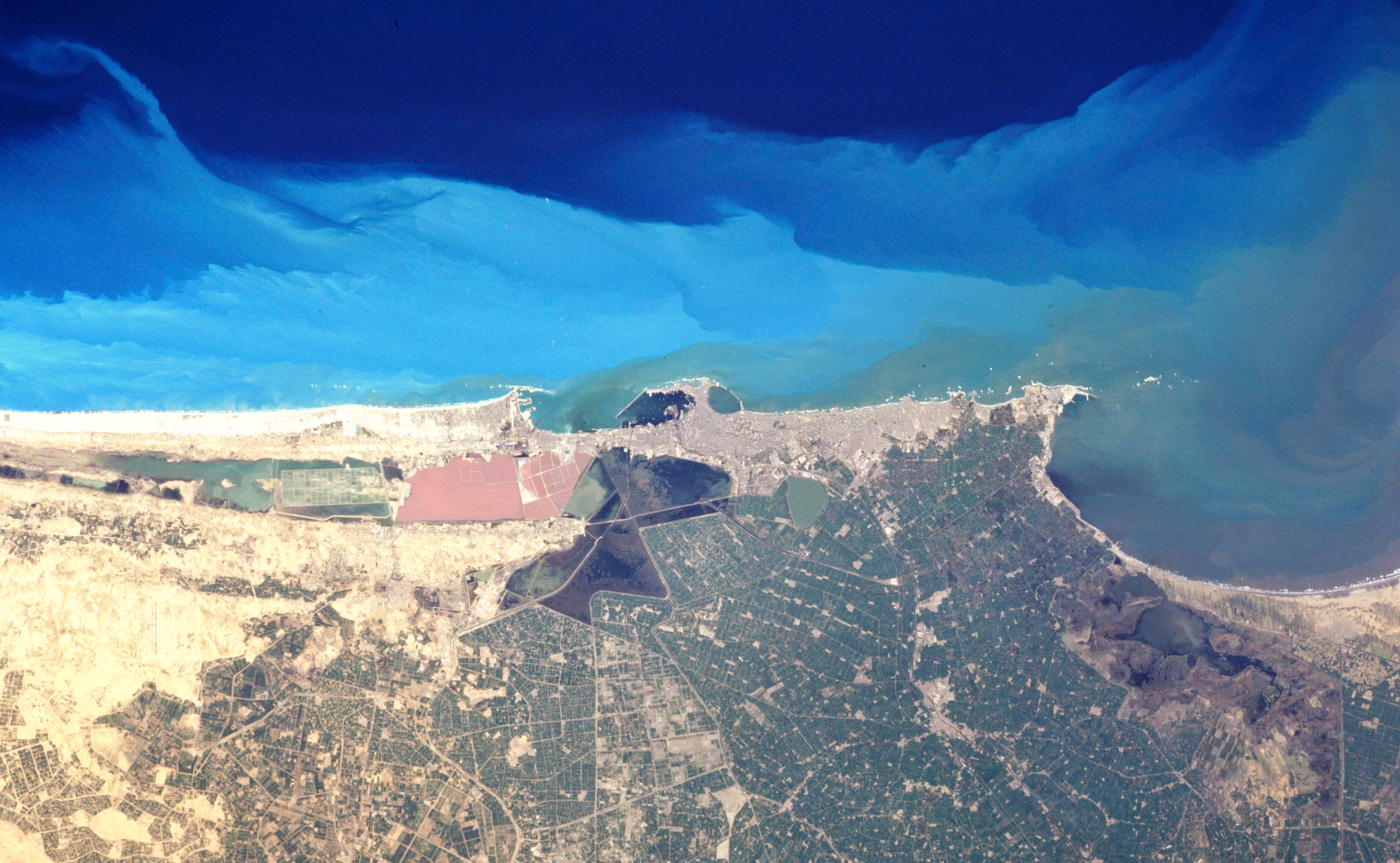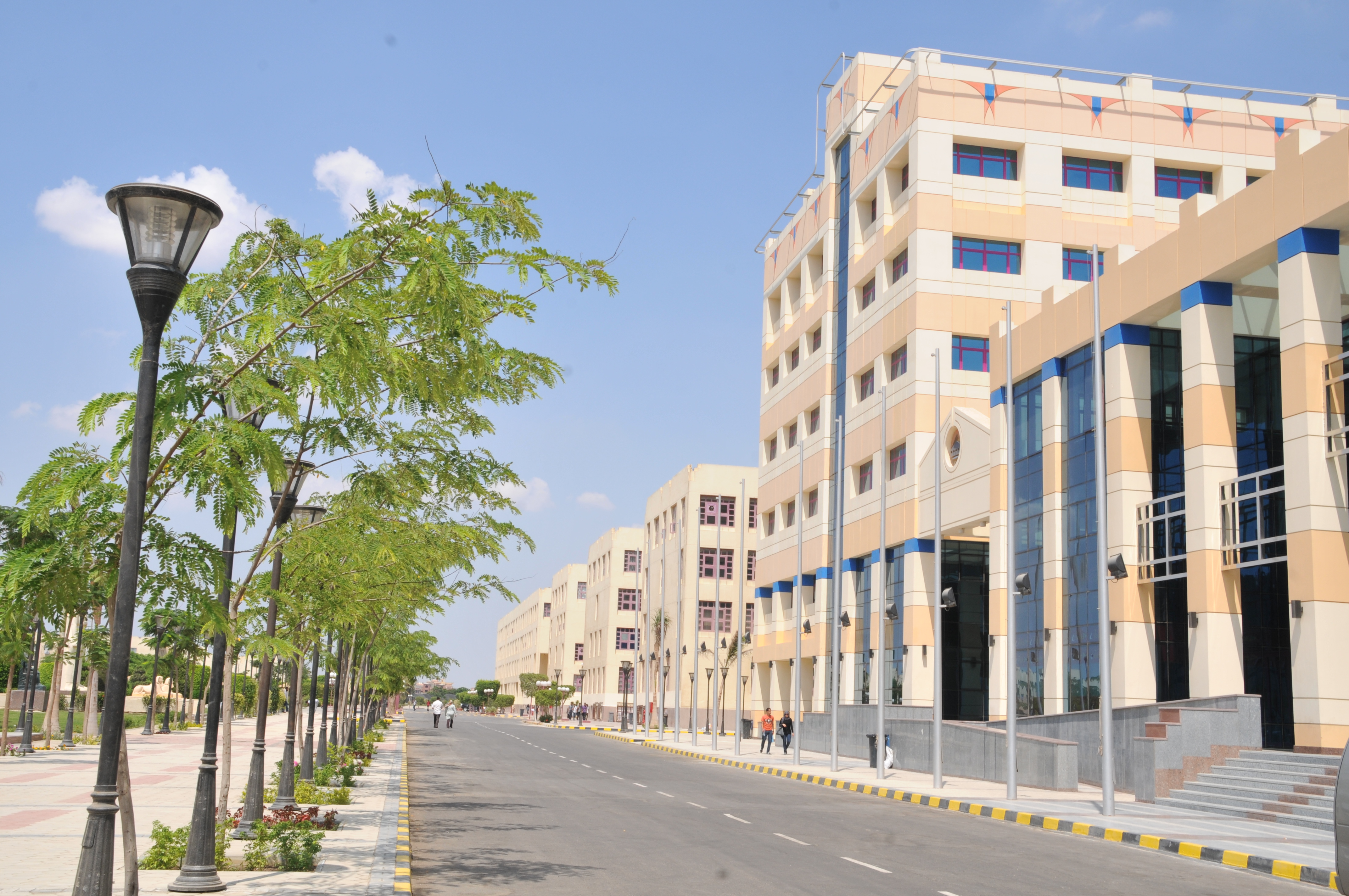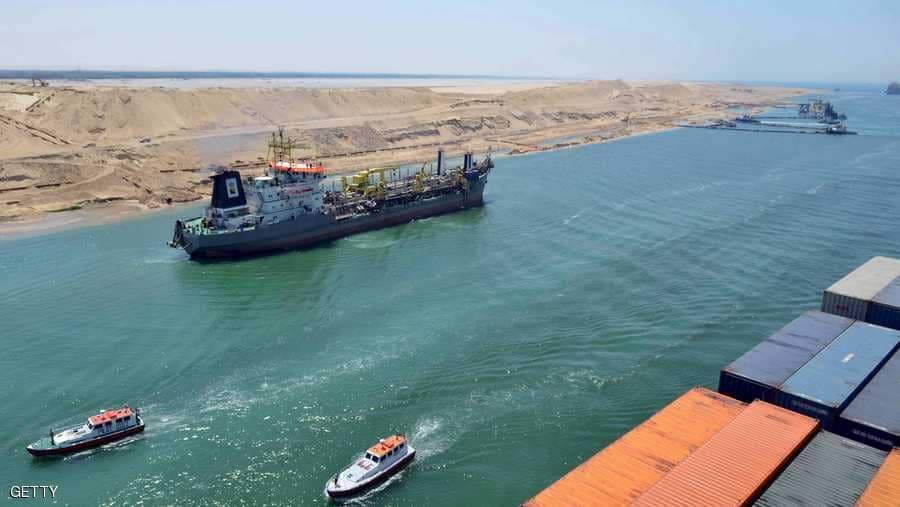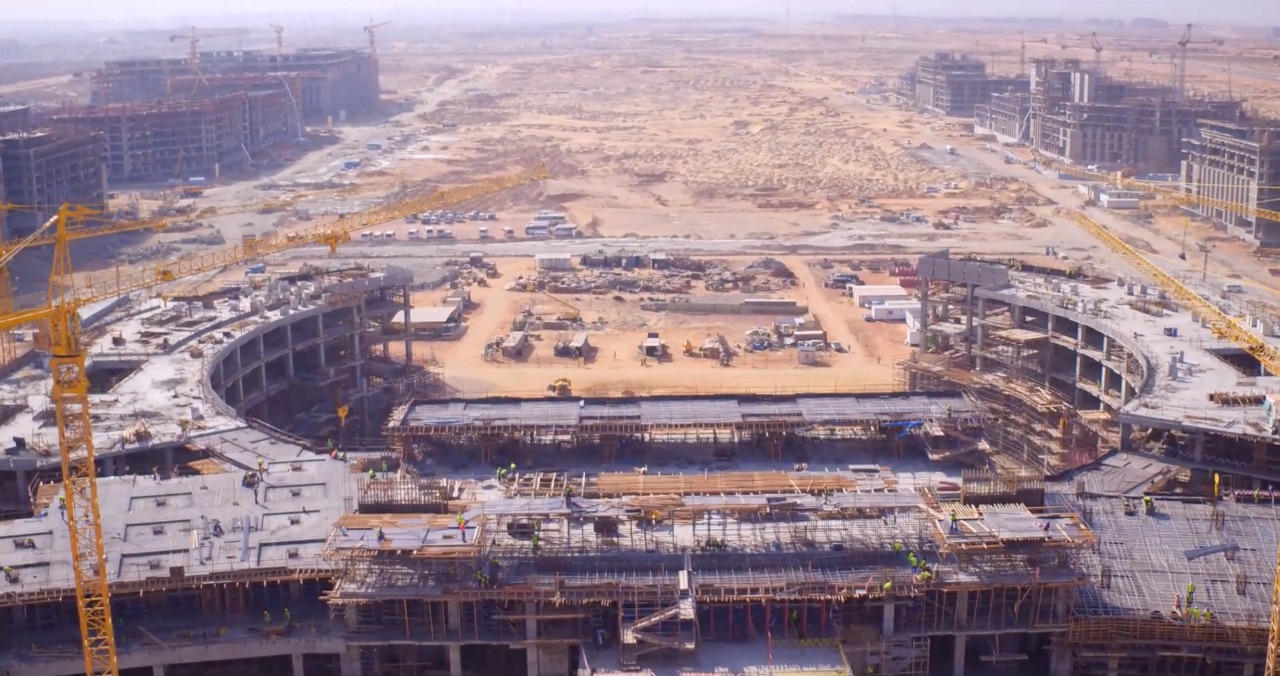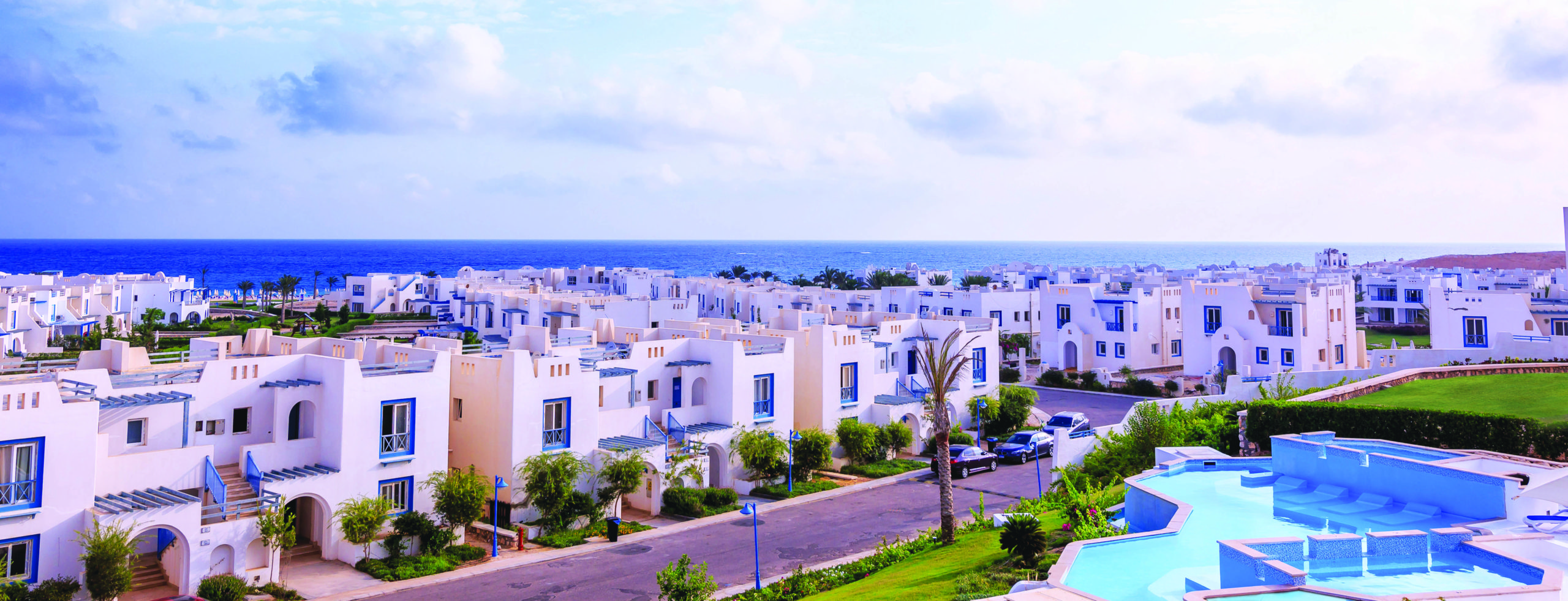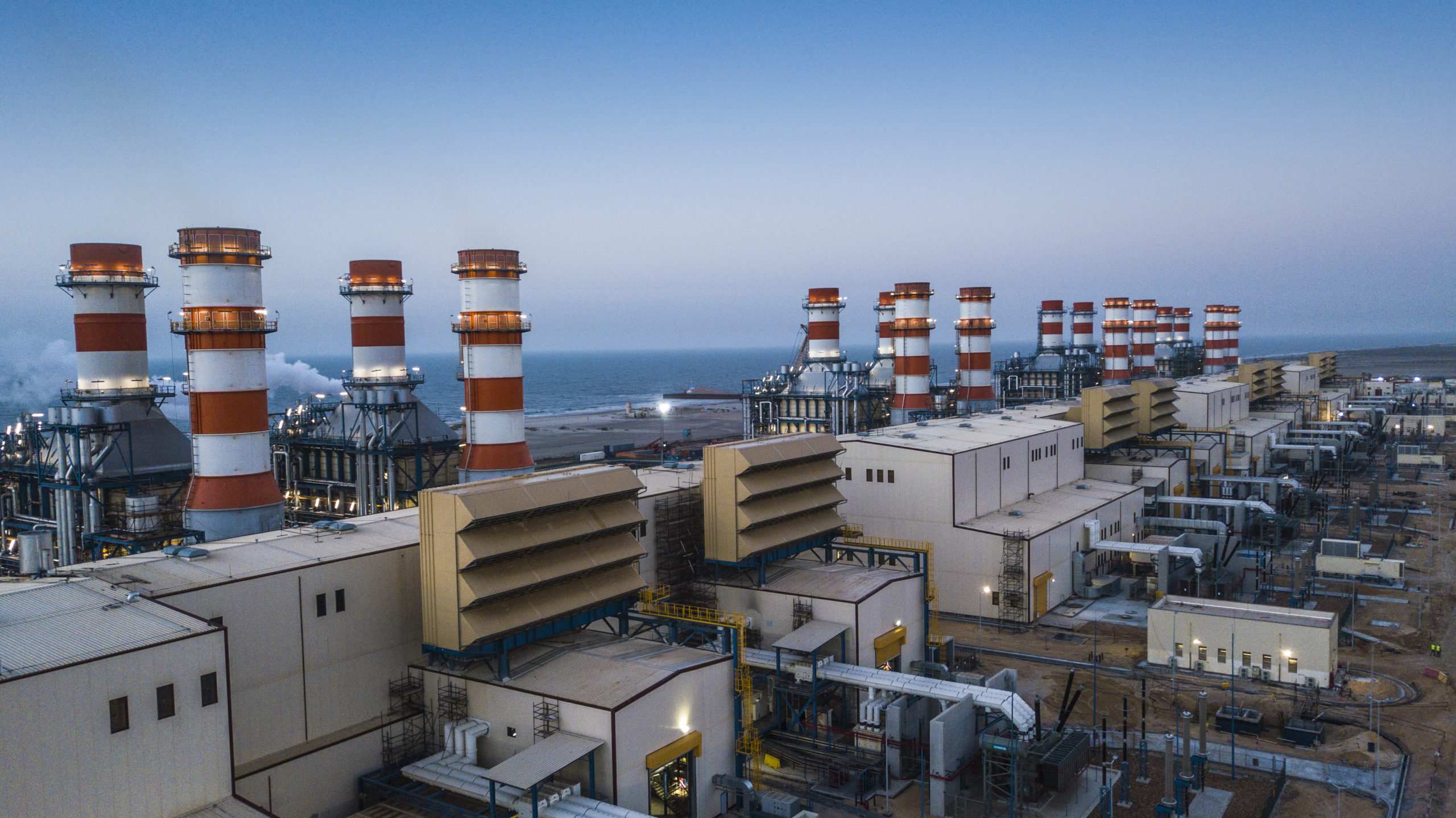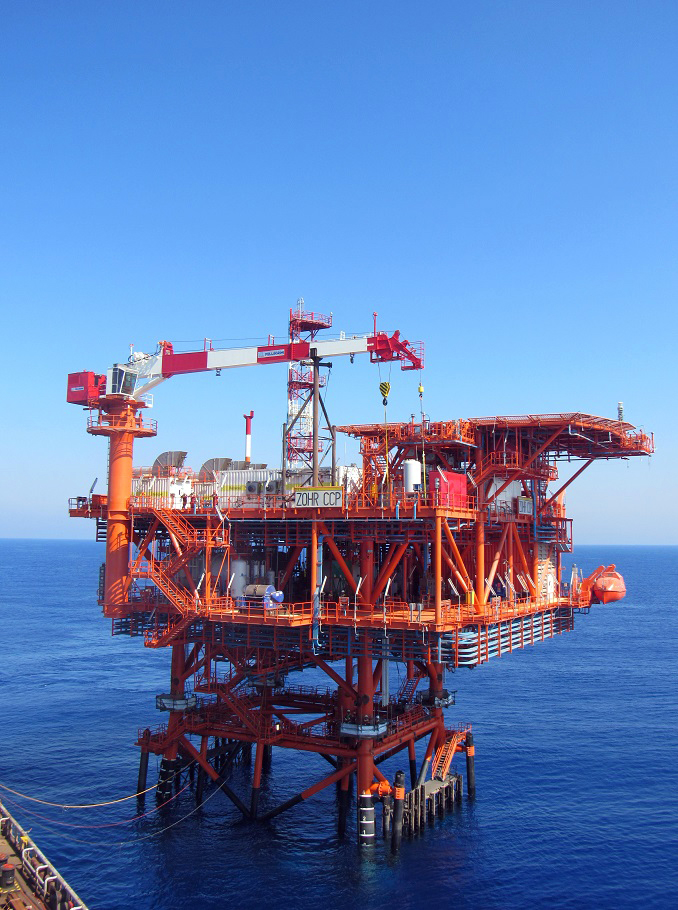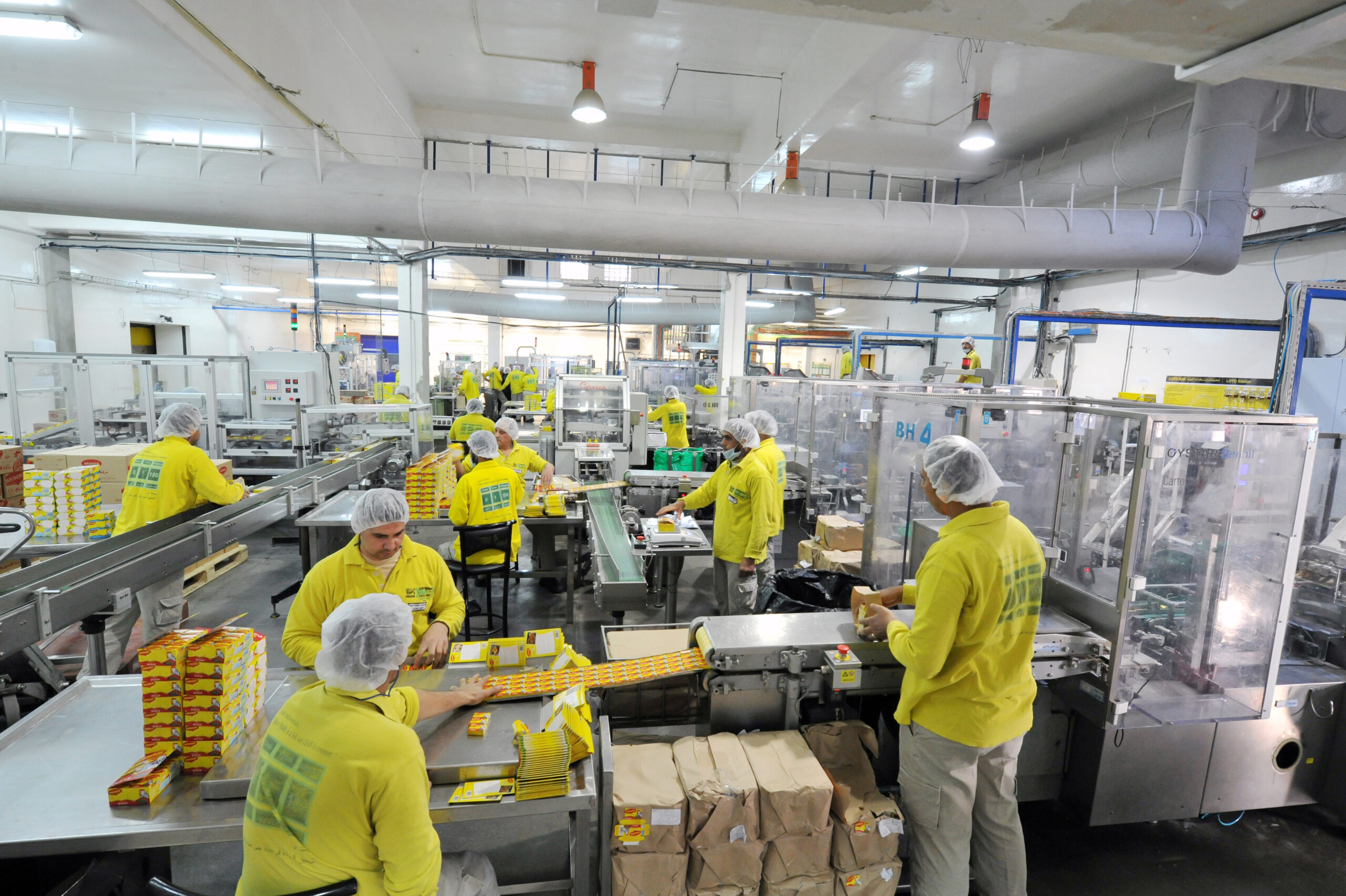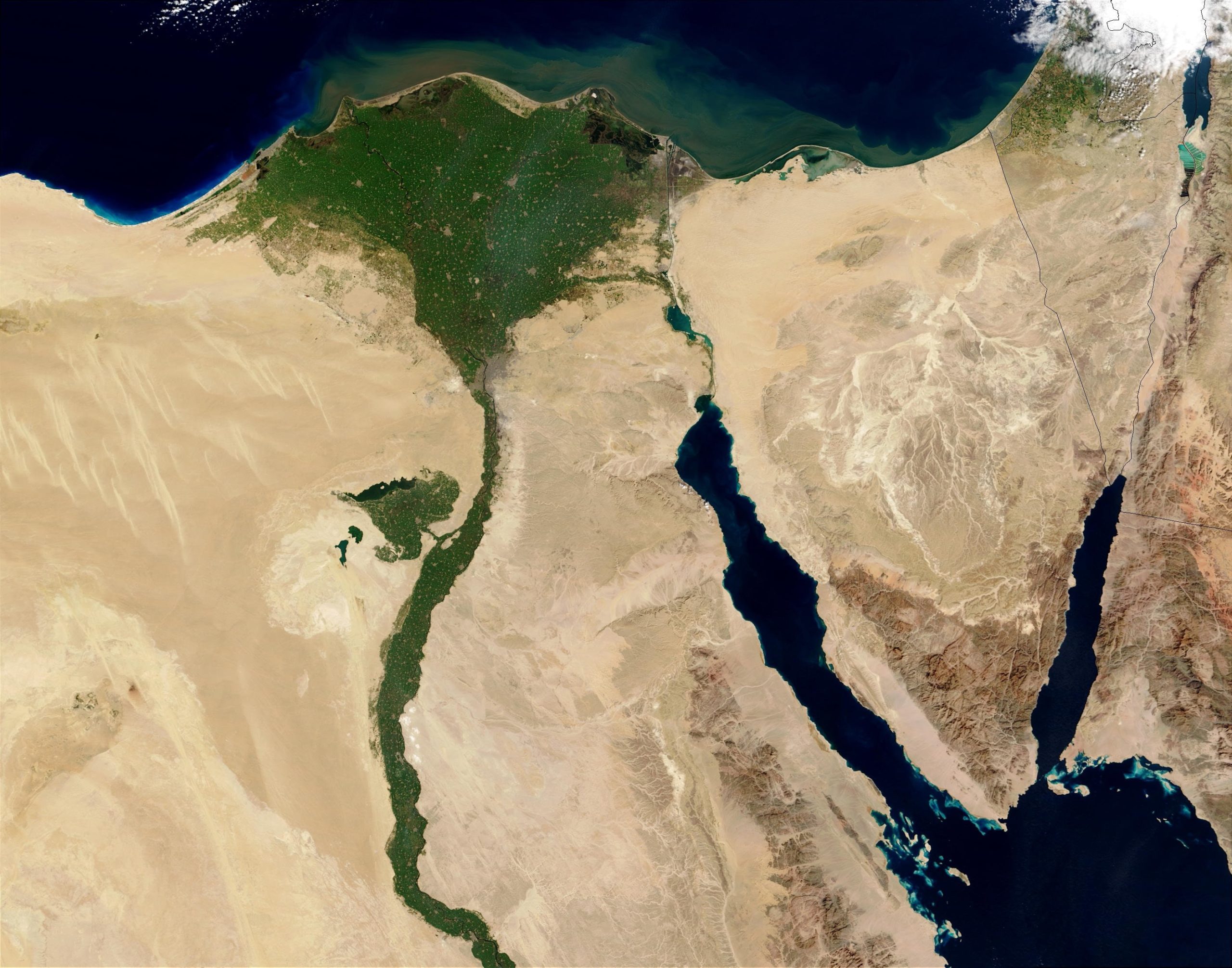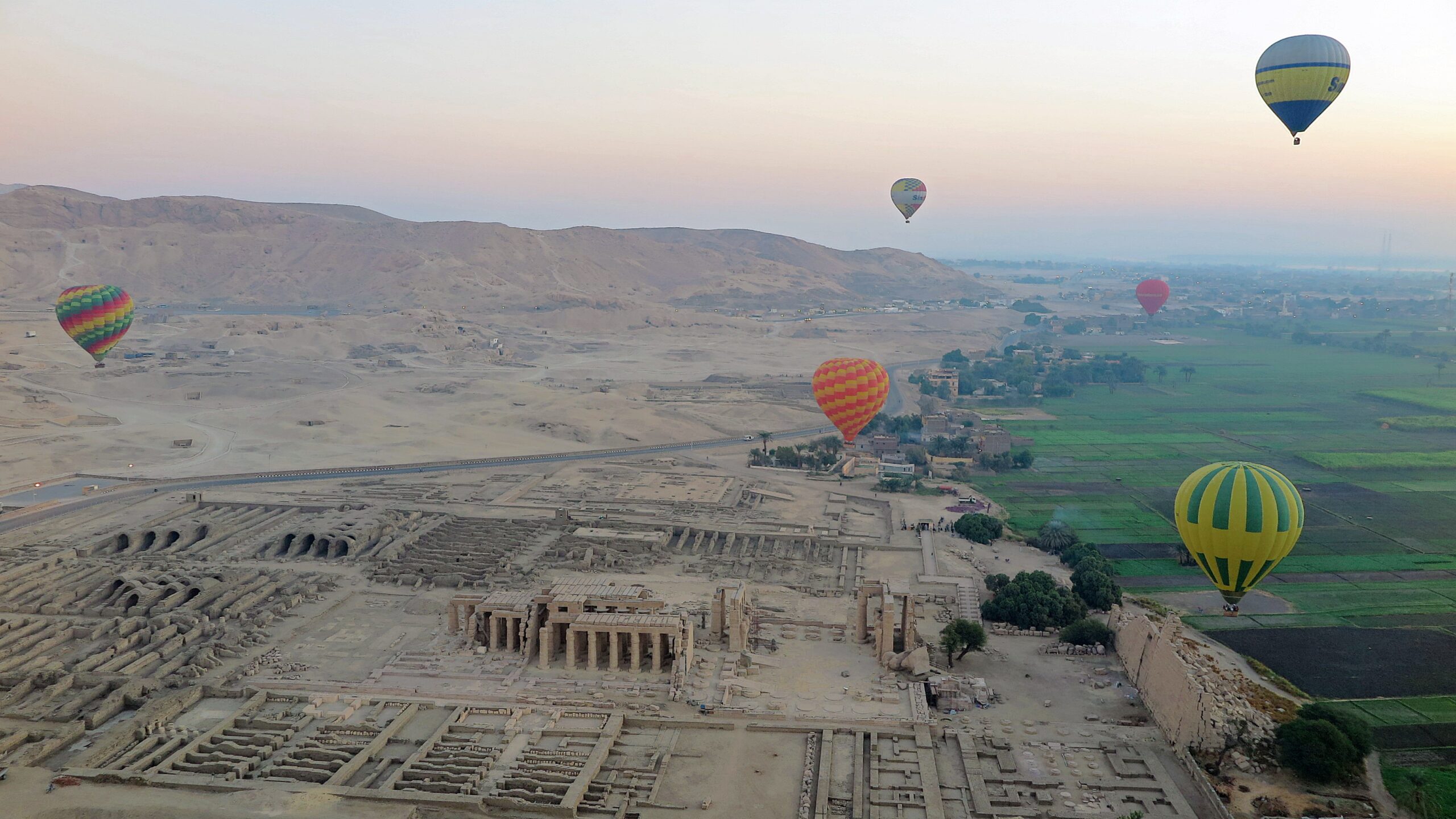
Since 2007, researchers from The Cyprus Institute have made breakthroughs in science, technology and innovation
Scientific research in Cyprus has grown by leaps and bounds over the past decade, thanks in large part to the nation’s research institutions and universities. One of Cyprus’s most respected research and educational institutions is the Cyprus Institute (CyI), a world-class, non-profit, non-governmental research and educational institution with a strong scientific and technological orientation.
At CyI, researchers from different countries pursue solutions for issues that affect Cyprus, the region, and the world, and explore topics such as renewable energies and water resources, climate change and environmental monitoring, computational sciences and artificial intelligence, archaeology and art characterization.
Recognizing the unique geopolitical position of Cyprus as the southern and eastern-most state of the European Union, CyI constitutes a gateway between the European Union and the Eastern Mediterranean – Middle East (EMME) and plays an important role in transforming Cyprus into a knowledge-based economy.
A Look Inside CyI
Operating under the aegis of the Cyprus Research and Educational Foundation (CREF), the Cyprus Institute was designed by “a world-class committee to be a research and educational center of excellence, in anticipation of Cyprus joining the European Union in 2004. Planning efforts actually began years before CyI opened its doors, in November 2007,” according to Professor Costas Papanicolas, President of the Cyprus Institute.

President
The Cyprus Institute
Today, CyI comprises four specialized multidisciplinary research centers developed in partnership with leading international institutions in their respective thematic areas.
• The Energy, Environment and Water Research Center founded in partnership with the Massachusetts Institute of Technology (MIT)
• The Science and Technology in Archaeology and Culture Research Center founded in partnership with the Centre de recherche et de restauration des musées de France (C2RMF)
• The Computation-based Science and Technology Research Center founded in partnership with the University of Illinois at Urbana–Champaign and its National Center for Supercomputing Applications (NCSA)
• The Climate and Atmospheric Research Center was founded in partnership with the Max Planck Institute for Atmospheric Sciences, The University of Helsinki and the French Alternative Energies and Atomic Energy Commission (CEA)
CyI researchers have produced countless innovations over the years. One development Prof. Papanicolas is particularly proud of is related to the joint production of electricity and desalinated water through the use of concentrated solar energy at the PROTEAS solar research facility, the largest facility of its kind on the island. “For the last ten years, we have been pursuing small-scale, distributed, production of electricity and desalinated water based on renewable energy. For this area in particular, climate change is becoming more and more critical, and desalination from renewable sources could be a solution for the region. A major American company in the desalinization sector has joined our efforts in this field, and they have already installed multimillion-dollar equipment in our facility to demonstrate their novel forward osmosis technology.”
What Makes Cyprus a Research Hub?
Papanicolas said that a critical factor in the success of CyI is its recognition of the unique role Cyprus serves as an essential point of connection between the EMME region and the rest of the world. “This is the huge, distinguishing advantage of the Cyprus Institute. It was designed from the viewpoint that Cyprus is not just a small island in the eastern Mediterranean – it is a gateway of hightech knowledge for the entire Middle East,” he stated.
Over the years, CyI has benefited from its home country’s unique advantages. Cyprus’s robust technical education system, favorable regime in regard to intellectual property management, wide usage of English, and educational system similar to that of the USA have made it an ideal location for all kinds of work – including research. And while Cyprus only recently became known for its scientific community, this sector has been able to make up for lost time. For the past seven years, Cyprus has consistently attracted the most research funding in Europe on a per-capita basis.
“The first university in Cyprus is about 25 years old. Our research and development ecosystem got off to a slow start, but things have evolved rapidly in the last ten years. Cyprus is now becoming an education hub with three state universities, three research centers, and seven private universities. While the R&D field in Cyprus is not yet mature, overall, we are on the right track.”
Yet, Cyprus would not be a significant research hub today without the industrious individuals working there. “Technology and knowledge are great, but they are powered by people. With that in mind, we need to allow scientists, doctorate students, entrepreneurs, and others to move back and forth between nations freely. We have 26 nationalities at our institute, and more than 50 percent of our research staff is non-Cypriot. That is a source of wealth which is difficult to measure, but without it, it would be impossible to achieve our aims,” Prof. Papanicolas said.

